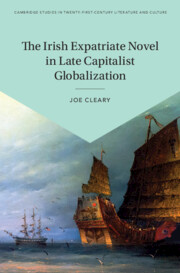This paper is about the critical debates surrounding contemporary novels with a global reach, especially those written by non-Western authors, but highly successful on the Western literary market, such as Haruki Murakami’s and Orhan Pamuk’s works. A close analysis of the evaluative terms used in these debates, epitomized by Tim Park’s coinage “the dull new global novel,” reveals that they conflate two distinct lines of argument. Fashioned as a materialist narrative about cultural hegemony in the globalized world, these critiques turn out to be motivated by a much older concern to preserve a literary elite. “The global” and its opposite, “the local,” start to sound like code words for “highbrow” and “lowbrow,” and, seen in this light, the whole critical debate about the new global novel appears as an attempt to sidestep a direct engagement with the ever-elusive question of literary value.


